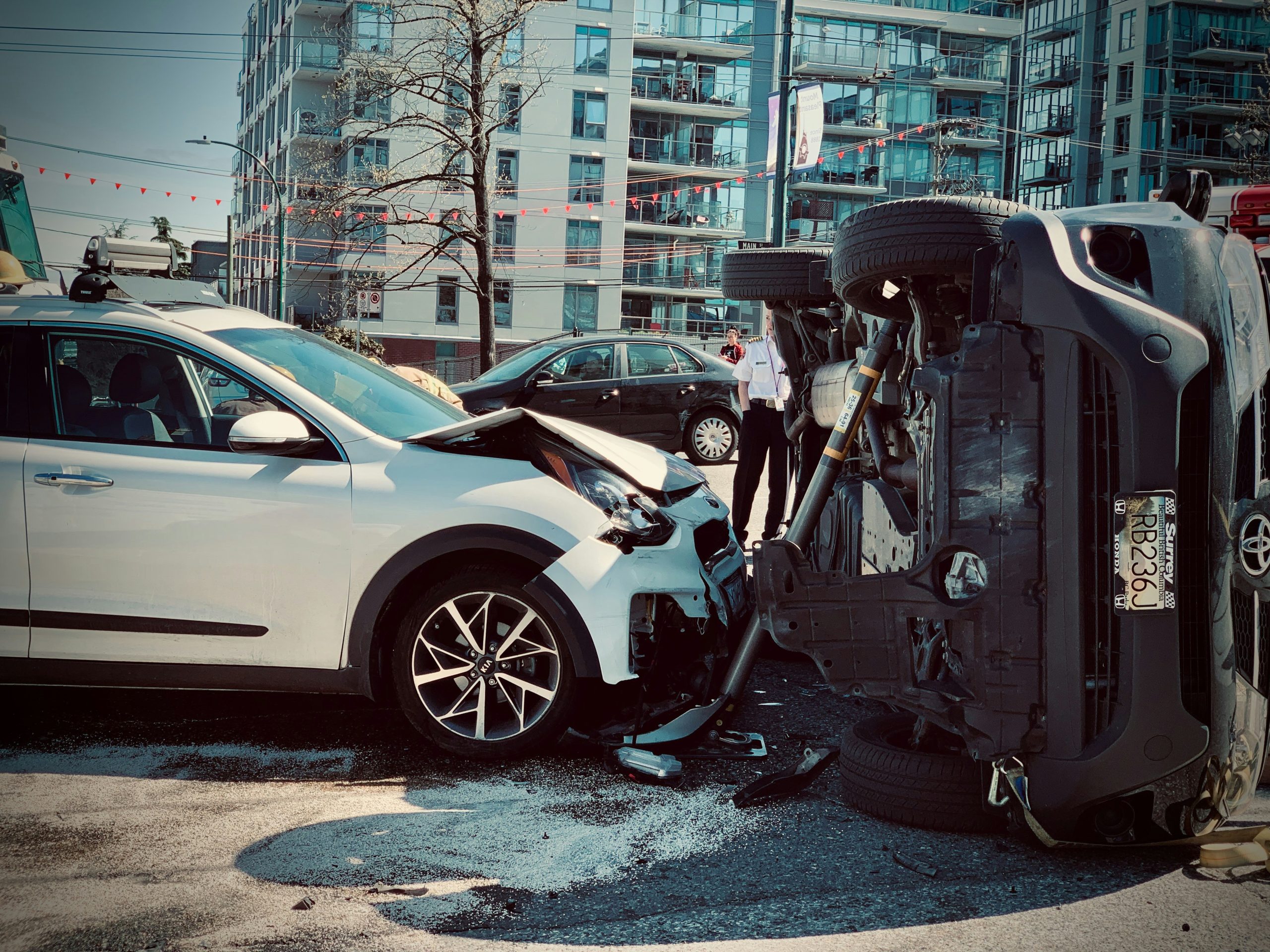Introduction: The Future or a Looming Disaster?Self-driving cars were once a futuristic dream, promising safety, convenience, and reduced road accidents. However, reality tells a different story. Autonomous vehicle (AV) malfunctions have led to fatal crashes, lawsuits, and insurance nightmares.
With recent high-profile accidents involving Tesla’s Autopilot, Waymo, and Cruise, the big question remains: When an autonomous car crashes, who is liable? The driver, the manufacturer, or the software provider?
🚨 In 2024 alone, over 200 self-driving car crashes were reported in the U.S., with 14 resulting in fatalities. (Source: NHTSA)
Key Dangers of Self-Driving Car Malfunctions
Software Failures: Bugs or hacking can cause cars to misinterpret road conditions.
Sensor Blind Spots: Cameras and LiDAR may fail in bad weather, leading to crashes.
Human Over-Reliance: Drivers assume full automation, reducing reaction time in emergencies.
Legal Gray Areas: Laws struggle to keep up, leaving victims in legal limbo after accidents.
Who is Liable When a Self-Driving Car Crashes?
Unlike traditional accidents, where driver negligence is clear, AV crashes bring multiple stakeholders into play:
1️⃣ The Human “Driver” – If the driver fails to take over when required, they may still be held liable.
2️⃣ The Car Manufacturer – Tesla, Waymo, and GM’s Cruise could be sued if a design flaw or software issue caused the accident.
3️⃣ The Software Developer – If the AI miscalculates traffic, the coding team may share liability.
4️⃣ The Local Government – Poor road infrastructure, like missing lane markings, could make cities partially liable.
📜 Latest Legal Rulings on Self-Driving Car Accidents
🚨 California’s New AV Liability Law (2024): Now holds manufacturers accountable if their vehicle is proven to have malfunctioned.
🚨 Germany’s 2025 AI Ethics Law: Requires AV companies to prove their software prioritizes human life over property.
🚨 U.K.’s Proposed AV Insurance Bill (2025): Calls for mandatory AV-specific insurance, ensuring faster compensation for victims.
🔗 Read more on global AV regulations here
🔍 How Self-Driving Cars are Changing Auto Insurance
Traditional auto insurance policies were designed for human-driven vehicles. Now, insurers are rushing to adapt to self-driving technology.
Key Policy Changes in AV Insurance for 2025
✔ Product Liability Insurance: Covers damages if the manufacturer’s technology is at fault.
✔ Data-Driven Premiums: AVs with more accidents get higher insurance rates, just like human drivers.
✔ Cybersecurity Coverage: Protects against AV hacking and unauthorized takeovers.
✔ Hybrid Insurance Models: Some policies split liability between driver & manufacturer depending on accident data.
Best AV Insurance Providers in 2025
🔹 Tesla Insurance – Custom rates based on real-time vehicle data.
🔹 Waymo AV Coverage – Exclusive policies for fully autonomous rides.
🔹 Allstate’s Self-Driving Policy – Hybrid model for human-monitored AVs.
🔹 AXA Autonomous Vehicle Insurance – Comprehensive protection for AV owners.
🛠 What Should You Do If You’re in an Autonomous Car Crash?
🚧 Step 1: Ensure safety – move out of harm’s way.
📸 Step 2: Document the accident – capture photos, videos, and sensor data from the AV.
👮 Step 3: Contact authorities – file a police report, noting the car’s autonomous status.
📞 Step 4: Notify your insurance provider – confirm if the manufacturer holds liability.
⚖ Step 5: Consult a legal expert – new laws may affect your compensation rights.
🔗 Want to learn how AV insurance read the full guide on valeinsure.com
Final Thoughts: Are We Ready for Fully Autonomous Roads?
Self-driving cars promise a future of safer roads, but until laws, technology, and insurance policies fully adapt, human lives remain at risk.
🏆 What do you think? Should AV manufacturers be fully liable for crashes? Join the conversation in the comments below!
📢 Stay informed on the latest in auto insurance & legal updates at ValeInsure.com!
🔗 Share this article with others—knowledge is the best protection!

